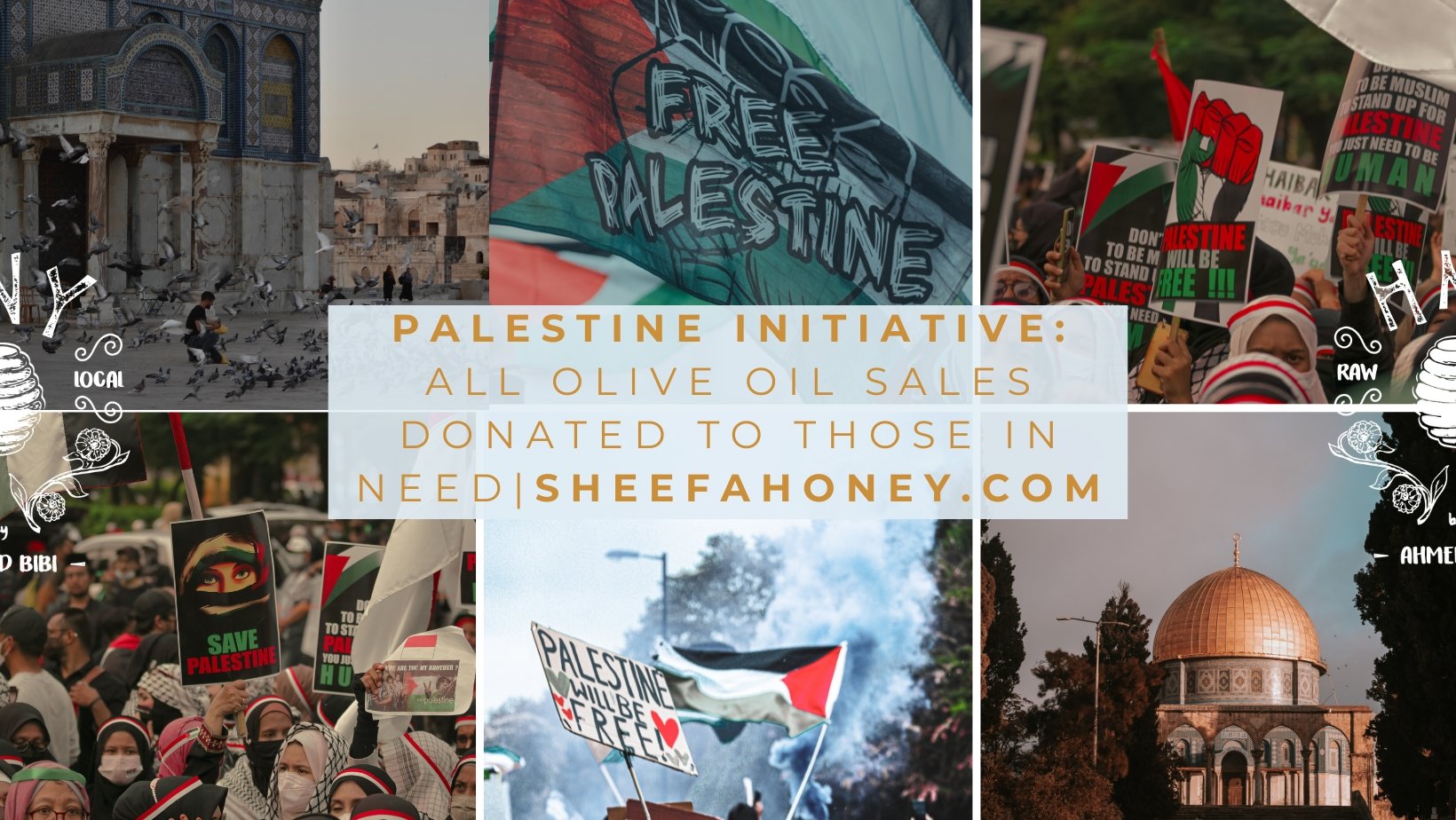Palestinian Olive Harvest: Celebrating Heritage Amid Violence
Felipe Cabral
In the olive groves of Palestine, the annual olive harvest is more than just a means of producing oil.
It is a celebration of Palestinian cultural heritage and a symbol of the connection between the Palestinian people and their ancestral lands. However, this year's harvest comes amid deadly escalations of violence that have claimed over two thousand lives and displaced hundreds of thousands across Palestine.
The Tradition of Olive Presses
In the Gaza Strip, olive farmers still makes use of an ancient olive press that has been passed down through generations of their families. They firmly believes that the old stone press helps produce olive oil of superior quality and taste compared to more modern mechanized presses. For these Palestinians, continuing the tradition of hand-pressing olives is an integral part of their cultural heritage and national identity.
Out of Gaza's 28 olive presses, only 8 continue to use the traditional stone pressing method. These historic stone presses are considered national treasures to be preserved. While more time-consuming than modern presses, traditional pressing is seen as vital for producing the best quality olive oil with a taste intrinsically linked to Palestinian land and culture.
The 2022 olive harvest was a bountiful one for Gaza. Their olive oil was ranked 3rd best in the world, and they exported around $30 million worth of oil. Olive oil production makes up 13% of Gaza's GDP, underscoring its economic and cultural importance.
Helping Farmers Harvest Olives
Fazaa Youth Group
Fazaa is a Palestinian youth initiative dedicated to helping farmers, especially those cut off from land due to illegal Israeli settlements. The group's volunteers provide protection to farmers facing violence and intimidation from settlers. Fazaa's efforts bring together Palestinian, Israeli, and international activists in solidarity.
The Palestinian Authority actively encourages youth and government officials to volunteer in the olive harvest. Their participation motivates more volunteers while also drawing attention to settler violence. Officials hope to empower farmers to freely cultivate their ancestral lands.
In recent years, settlers have uprooted an estimated 5,000 olive trees worth $4 million. Some Palestinian farmers are refusing to ask Israeli authorities for permits just to access their own land. They hope to break this unjust taboo and freely gather their olives without restraint.
Preserving Palestinian Heritage
The olive tree has been a profound symbol of Palestinian culture, identity and attachment to the land for centuries. By upholding traditional harvesting methods, Palestinians preserve this ancestral connection. Young volunteers join in solidarity with farmers, ensuring this living heritage is passed down to future generations. For Palestinians, lovingly gathering olives means celebrating who they are as a people.
Islamic Relief has worked in Palestine for over two decades, providing food aid, water, healthcare, education, and more. Their emergency response now is critical, as hospitals reach capacity and families flee bombardments. The olive harvest represents the resilience of Palestinians, who cling to traditions like olive pressing despite constant threats to their existence. Supporting them honors a culture at risk of being uprooted.



